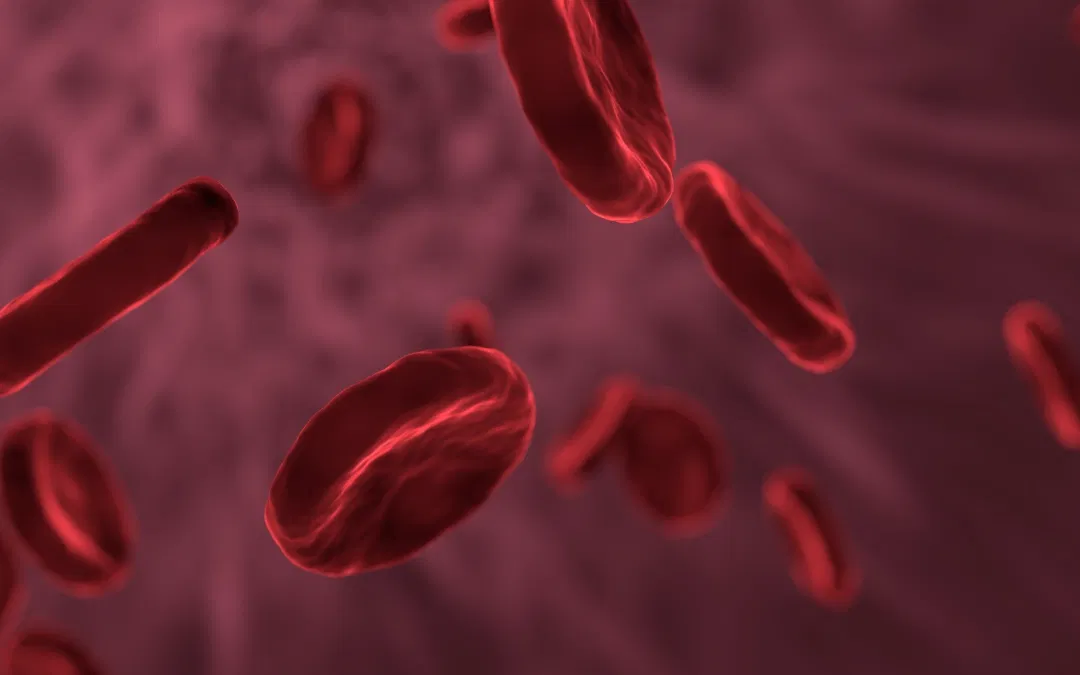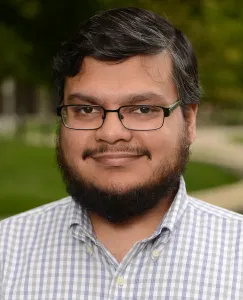University of Colorado (CU) researcher Srinivas Ramachandran, PhD, was named one of the five 2020 Pew-Stewart Scholars. These researchers are selected to spearhead innovations in cancer research.
Dr. Ramachandran, mentored member of CU Cancer Center and assistant professor of biochemistry and molecular genetics, is exploring how to improve methods for early cancer detection. His goal is to do this by examining unique signatures from cell-free DNA—which is shed by tumors—to help identify abnormal gene patterns associated with certain stages or types of cancers.
“We know that if there is a tumor in the body, you will usually see the tumor DNA in plasma. Now the question is how to identify the tumor DNA in plasma, especially as the tumors evolve and mutate,” says Dr. Ramachandran.
Srinivas Ramachandran, PhD
Goals for research in early cancer detection
“Our long-term goal is to use knowledge from the basic biology of how our genomes are packaged to understand the tumor processes without having to do a biopsy,” says Dr. Ramachandran. “Then use that information to identify cancer biomarkers.”
This process of looking at the blood for tumor DNA is known as a liquid biopsy.
Dr. Ramachandran’s lab has two main goals for the next four years. The first is to identify the origin of cancer found in the liquid biopsy.
“The problem we have is that if the blood test comes back saying there is cancer in the body, it is not very useful clinically because you do not know where to look for it. If you can say it comes from a particular organ, then you can do testing specific to that organ.”
The second area of focus is to see how early the liquid biopsy can detect cancer. The idea is to collect samples at the very early stages of cancer before symptoms manifest. This is currently being looked at on the Anschutz campus with lung and breast cancer patients.
This work could help devise a cheaper and more sensitive blood test to detect cancer.
The Pew-Stewart Scholars program
The Pew-Stewart Scholars Program for Cancer Research has been around for more than 15 years. This national initiative is aimed at supporting promising early-career scientists whose research will drive discovery and accelerate progress to a cure for cancer.
“I am honored to be part of this amazing network of scientists”, says Dr. Ramachandran.
With this recognition, he will also receive a four-year grant to use to further his research.




